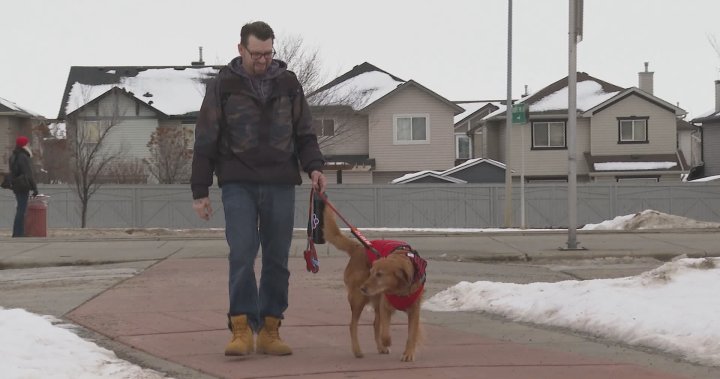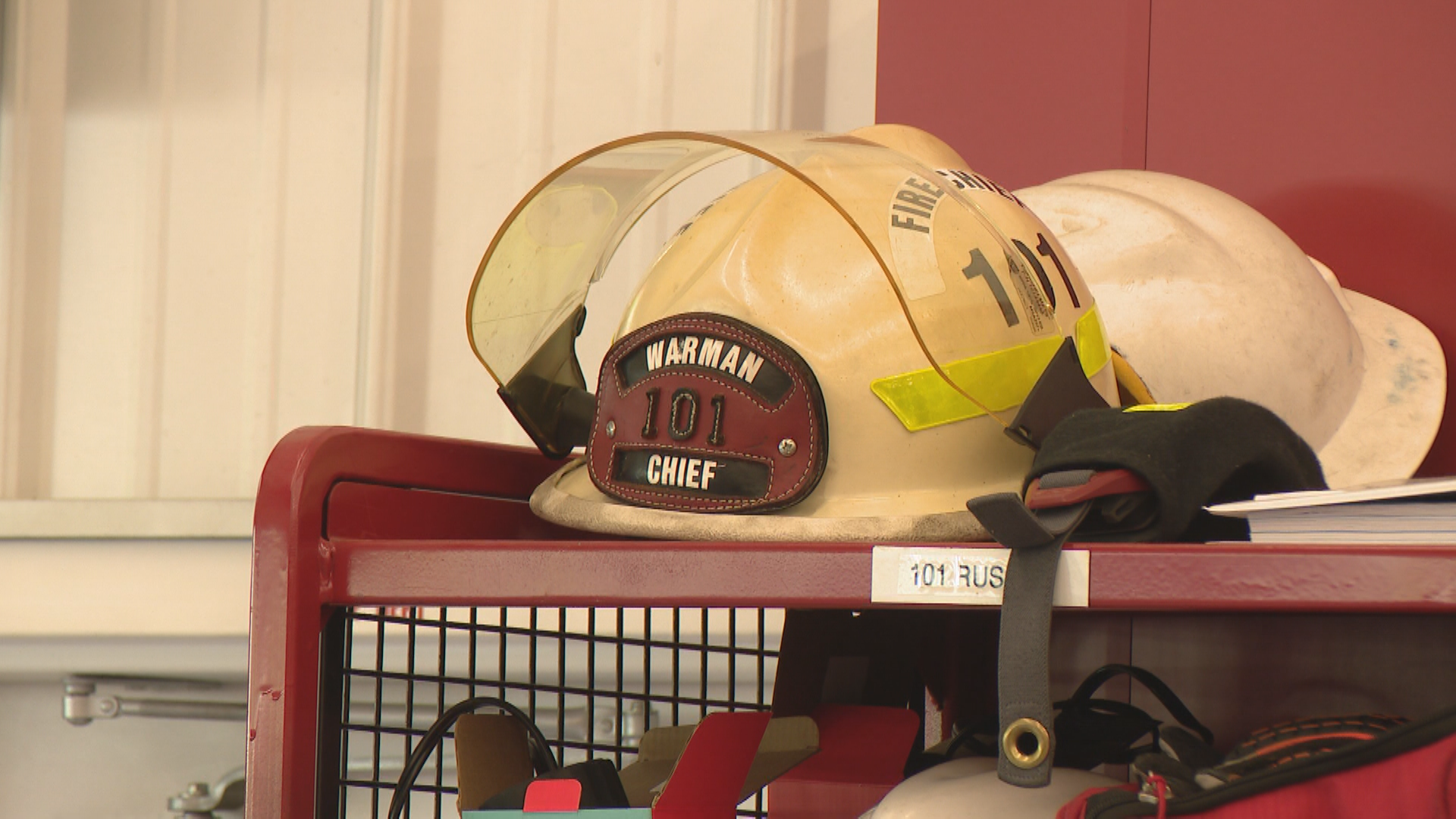Aaron Symonds, grappling with the aftermath of a brain injury sustained while working with a horse, navigates daily life with the unwavering support of his service dog, Kimber. The injury left him susceptible to epileptic seizures, a condition that drastically altered his life. Kimber, a golden retriever, has been meticulously trained to detect these seizures, providing Symonds with a crucial early warning system. This allows him to take preventative measures, such as getting to the floor and away from potential hazards, minimizing the risk of injury during a seizure. Kimber’s constant presence, whether accompanying Symonds on errands or even being present during showers, offers a sense of security and independence that would otherwise be impossible. This unwavering companionship has become indispensable to Symonds’ well-being, preventing numerous seizures and ensuring his safety.
The bond between Symonds and Kimber extends beyond mere companionship; it’s a lifeline that enables him to lead a more fulfilling life. The ability to anticipate and mitigate seizures has significantly reduced Symonds’ anxiety and fear, empowering him to engage in activities he might otherwise avoid. Kimber’s presence has not only improved his physical safety but also enhanced his emotional well-being. Having a constant, reliable companion who understands his needs has provided Symonds with a profound sense of comfort and security, allowing him to navigate the challenges of his condition with greater confidence and resilience. This bond transcends the typical human-animal relationship, representing a deeply intertwined partnership built on mutual trust and dependence.
However, Symonds’ experience with public transportation has been marred by negativity and misunderstanding. Despite the crucial role Kimber plays in his life, Symonds has faced harassment and discrimination from fellow passengers. He has been subjected to disapproving stares, unkind remarks, and even requests to leave the bus, solely due to Kimber’s presence. These encounters are deeply disheartening for Symonds, especially given Kimber’s gentle nature and love for people. The irony is not lost on him; the very animal that provides him with independence and safety has become a source of social isolation and anxiety when using public transport.
These negative experiences highlight a pervasive lack of understanding regarding service animals and the vital role they play in the lives of individuals with disabilities. Symonds’ situation underscores the need for greater public awareness and education regarding service animal rights and etiquette. His experiences demonstrate the emotional toll that ignorance and prejudice can take on individuals who rely on service animals, impacting their ability to access essential services and participate fully in society. The negative reactions he has encountered create an atmosphere of exclusion and reinforce the societal barriers faced by individuals with disabilities.
Symonds’ desire to use public transportation, his only available means of travel after losing his driver’s license due to his medical condition, is further complicated by this public antagonism. The harassment he experiences creates a significant barrier to his mobility and independence. The very system designed to facilitate access and inclusion becomes a source of anxiety and exclusion. This illustrates a broader societal issue where individuals with disabilities often face systemic barriers that limit their participation in everyday activities. The lack of understanding and acceptance surrounding service animals reinforces these barriers, effectively limiting opportunities for individuals like Symonds to live full and independent lives.
Symonds’ story underscores the urgent need for greater public awareness and education surrounding service animals. He emphasizes that service dogs are not merely pets; they are essential partners that enable individuals with disabilities to navigate daily life. Symonds wants the public to recognize that service dogs are a necessity, not a choice, and that they represent a lifeline for many individuals. He urges people to remember that behind every service dog is a person with a disability who relies on their animal for support, safety, and independence. It’s a plea for empathy, understanding, and acceptance, a call to break down societal barriers and foster a more inclusive environment where individuals with disabilities and their service animals are treated with respect and dignity. He hopes that by sharing his story, he can help shift public perception and create a more understanding and inclusive society.










